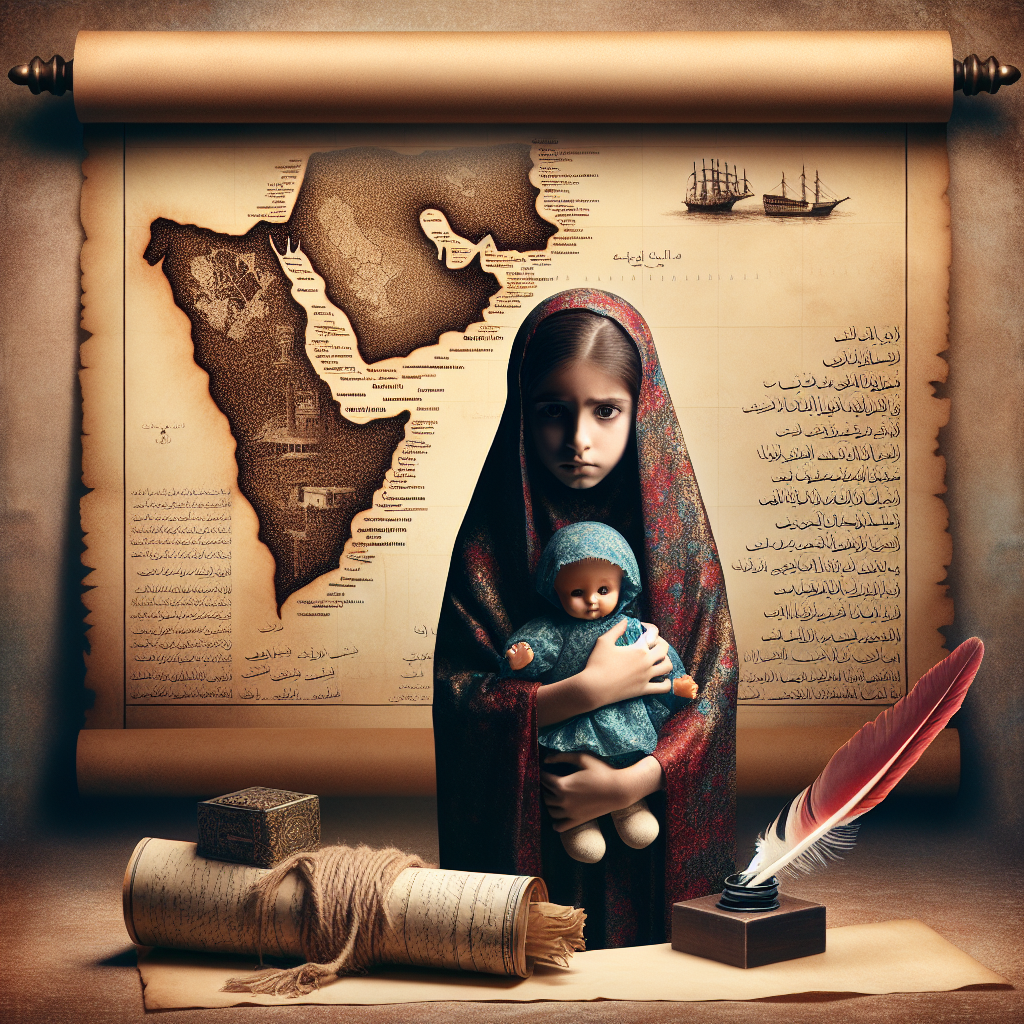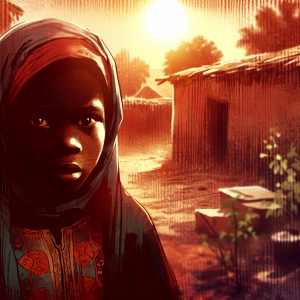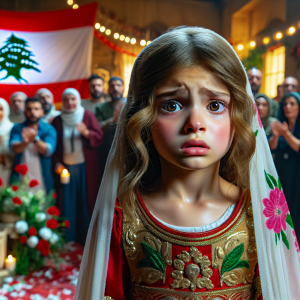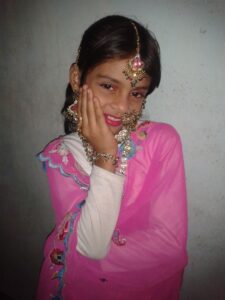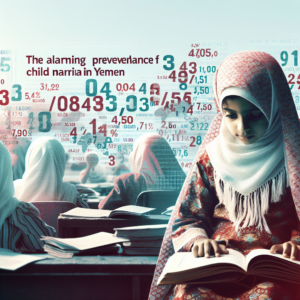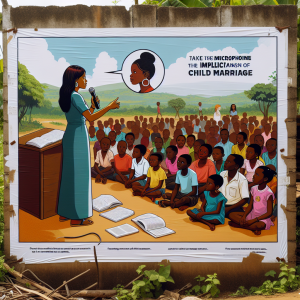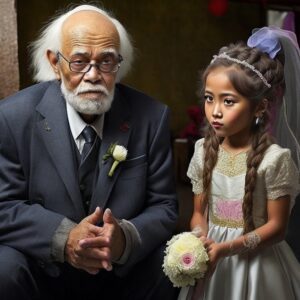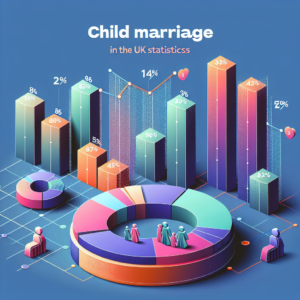#ChildMarriage #EndChildMarriage
Exploring the Legal Boundaries of Child Marriage in Bahrain
In the Middle Eastern island nation of Bahrain, the issue of child marriage presents a multifaceted challenge, deeply embedded in cultural, economic, and sometimes religious traditions. It significantly impacts the protection of children’s rights. Delving into Bahrain’s legal framework on child marriage is essential for driving change and safeguarding the vulnerable. This article endeavors to illuminate the laws, obstacles, and essential steps forward in combating child marriage, ensuring the content is accessible and understandable to all readers.
Overview of the Legal Framework
The legal system in Bahrain blends civil law with Islamic Sharia, which oversees personal status issues, including marriage. The cornerstone of the legal stance on child marriage is the Personal Status Law (PSL), enacted in 2009. It is important to contextualize Bahrain’s laws within the global landscape of child marriage legislation.
International Perspective
Worldwide, child marriage is acknowledged as a breach of human rights, infringing on children’s rights to health, education, and achieving their full potential. The United Nations Convention on the Rights of the Child, ratified by Bahrain, identifies marriage before the age of 18 as a violation of human rights.
Details of Bahrain’s Personal Status Law
The PSL specifies the legal marriage age as 16 for females and 18 for males. Nonetheless, it permits exceptions, allowing marriages below these ages with judicial consent. This exception has sparked discussions and criticisms among human rights advocates, legal professionals, and the public.
The Role of Judicial Discretion
The allowance for judicial discretion in underage marriage cases raises concerns. It grants judges the power to authorize child marriages based on subjective assessments, such as a child’s maturity or family agreement. This can lead to inconsistency and potential misuse, compromising children’s rights protection.
Identifying the Challenges
Child marriage persists as a critical issue in Bahrain, with several factors hindering efforts to eliminate the practice.
- Societal Norms and Traditions: Child marriage is deeply ingrained in certain cultural and social traditions, posing challenges to reform.
- Awareness Deficit: A widespread lack of understanding exists regarding child marriage’s adverse effects on children’s well-being, education, and future prospects.
- Economic Motivations: Economic hardships often propel families towards child marriage as a strategy to alleviate financial strain.
Advocates for Reform
In the face of these obstacles, there are growing calls for reform, advocating for stricter laws, enhanced enforcement, and a shift in societal perceptions of child marriage. Esteemed authors and human rights defenders have long voiced concerns over human rights and child protection, offering insights relevant to the fight against child marriage.
As Malala Yousafzai, the Nobel Prize-winning advocate for children’s education, famously stated, "We cannot all succeed when half of us are held back." This highlights the critical importance of safeguarding girls from child marriage, enabling them to pursue education and realize their potential.
Proposed Initiatives
To tackle child marriage in Bahrain, a comprehensive strategy is needed. This involves:
- Amending Laws: Modifying the PSL to firmly establish 18 as the minimum age for marriage for both genders, without exceptions.
- Boosting Education and Awareness: Initiating widespread campaigns to raise public awareness about the harmful impacts of child marriage.
- Providing Economic Assistance: Developing programs to offer financial support and incentives for families to keep their daughters in school.
Conclusion
The struggle against child marriage in Bahrain is intricate, demanding a unified effort from the government, civil society, and the global community. Recognizing the legal framework is a critical first step towards advocating for change and upholding children’s rights. As we strive for a world where the rights of all children are respected, let’s recall the words of human rights advocate Nada Al-Ahdal: “Protecting human rights is not an option, but a responsibility for all of us” @nadalahdal. It is our collective duty to ensure that children can enjoy their childhood without the pressures of early marriage. Only then can we aspire to a future where every child is free to dream, achieve, and contribute fully to society.
#NadaFoundation
#ChildMarriage
#Nada_Foundation
#NadaAlahdal
#Understanding #Legal #Framework #Child #Marriage #Bahrain
understanding-the-legal-framework-of-child-marriage-in-bahrain



